October 29, 2025 – The Department of Political and Governmental Sciences, Faculty of Social and Political Sciences, Diponegoro University, in collaboration with FOKO (Communication Forum for Retired Indonesian National Armed Forces and Police), held a Scientific Discussion on Wednesday (October 29) with the crucial theme: “The Relationship between State and Religion, and Tolerance Between Religious Communities: Revisiting the 1945 Constitution.” The event, held in the Senate Meeting Room of FISIP Undip, brought together experts to examine Indonesia’s constitutional foundations.
The discussion aimed to review the relationship between state and religion, as well as its influence on tolerance amidst socio-political dynamics. As raised by the discussion moderator, Dra. Fitriyah, M.A., the event sought to answer the fundamental question: “Does the problem lie in implementation or in the constitution?”
The event was officially opened by the Dean of FISIP Diponegoro University, Dr. Drs. Teguh Yuwono, M.Pol.Admin. In his remarks, he emphasized the importance of academic dialogue for maintaining national unity. “This theme is highly relevant and urgent. Amidst national challenges, a clear understanding of the mandate of the 1945 Constitution regarding the state, religion, and tolerance is key,” said Dr. Teguh Yuwono.
Keynote Speaker Lieutenant General (Ret.) Bambang Darmono, Secretary General of the Indonesian National Armed Forces/Police Retired Members’ Forum (FOKO), highlighted the urgency of this review. He emphasized that one reason was the lack of a People’s Consultative Assembly (MPR) Decree specifically regulating interfaith tolerance following the amendments.
“We have been promoting this idea since 2002. The only ones who can expand this idea are universities,” asserted Lieutenant General (Ret.) Bambang Darmono. “Indonesia’s fundamental principle is unity, so these differences must not affect Indonesia’s progress. Although on the surface everything appears fine, there are many things that need attention underneath.”
The panel discussion presented in-depth insights from three expert speakers. Reni Suwarso, Ph.D., from the Department of Political Science, Faculty of Social and Political Sciences, University of Indonesia, highlighted the importance of examining the fundamental differences between the original 1945 Constitution and the amended 1945 Constitution of the Republic of Indonesia. She also presented data on the increase in intolerance after the 1998 Reformation. “There is a gap between what the elites think and what the masses expect. The state needs to take firm and systematic steps, addressing systems, policies, law enforcement, and social education,” Reni explained.
Responding to this, Dr. Muhammad Adnan, M.A., from the Department of Politics and Governmental Sciences, Faculty of Social and Political Sciences, Diponegoro University (FISIP), expressed the view that the amendments were indeed imperfect. He argued that a more appropriate solution might not be a comprehensive amendment, but rather an addendum to crucial articles such as Article 29 on religion. “If an addendum is made to Article 29, it should be further strengthened and clarified,” Dr. Adnan explained.
Meanwhile, Prof. Dr. Ir. Sedarnawati Yasni, M.Agr. from the Bogor Agricultural Institute, expanded the discussion to human rights and citizenship. He highlighted the challenges to human rights implementation stemming from structural inequality and identity politics. “Strengthening constitutionality requires harmonization of citizenship law and human rights principles, as well as protecting vulnerable groups,” he said.
The event, which concluded with an interactive discussion session with participants, is expected to generate insights and academic recommendations for policymakers.

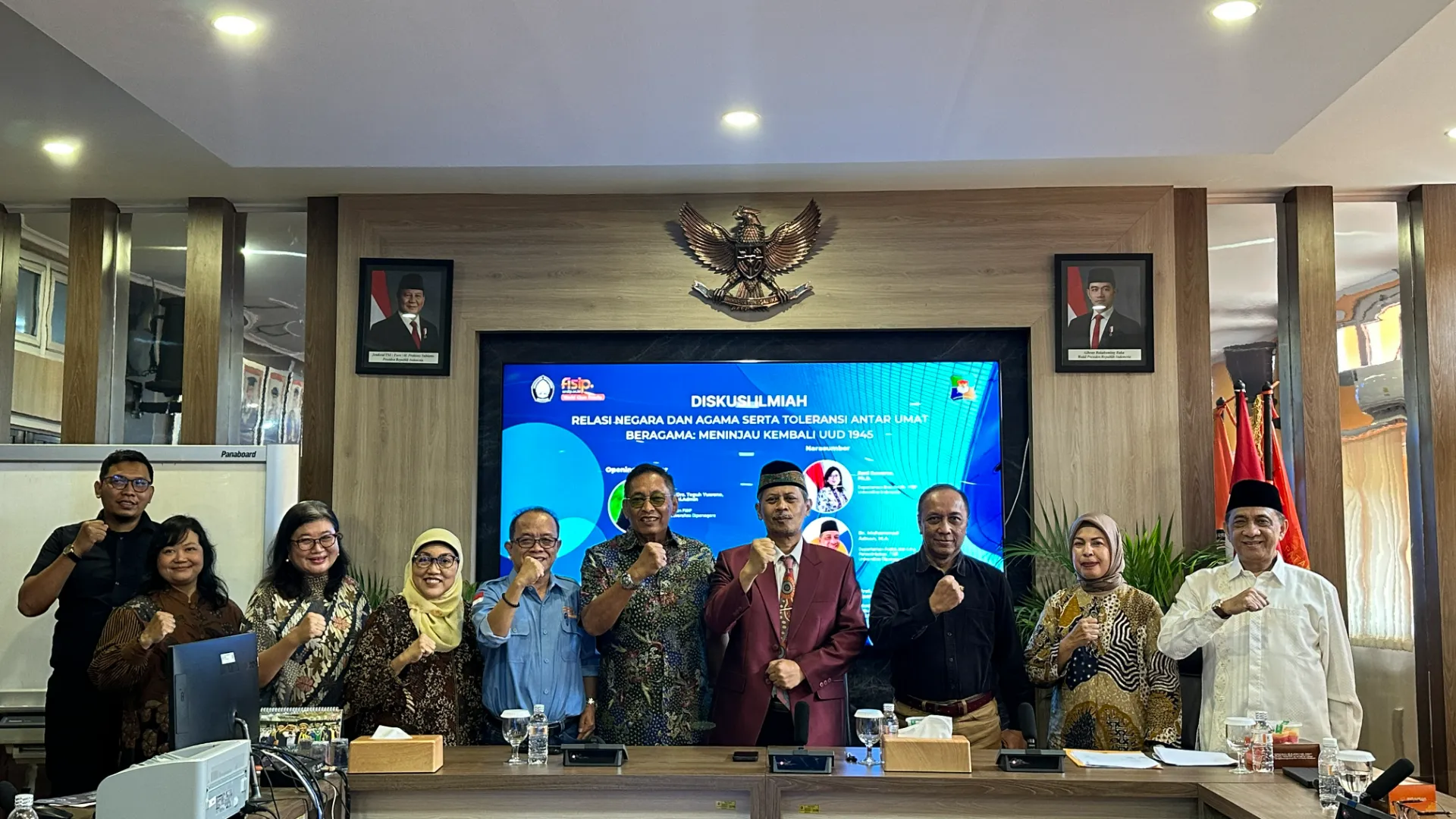
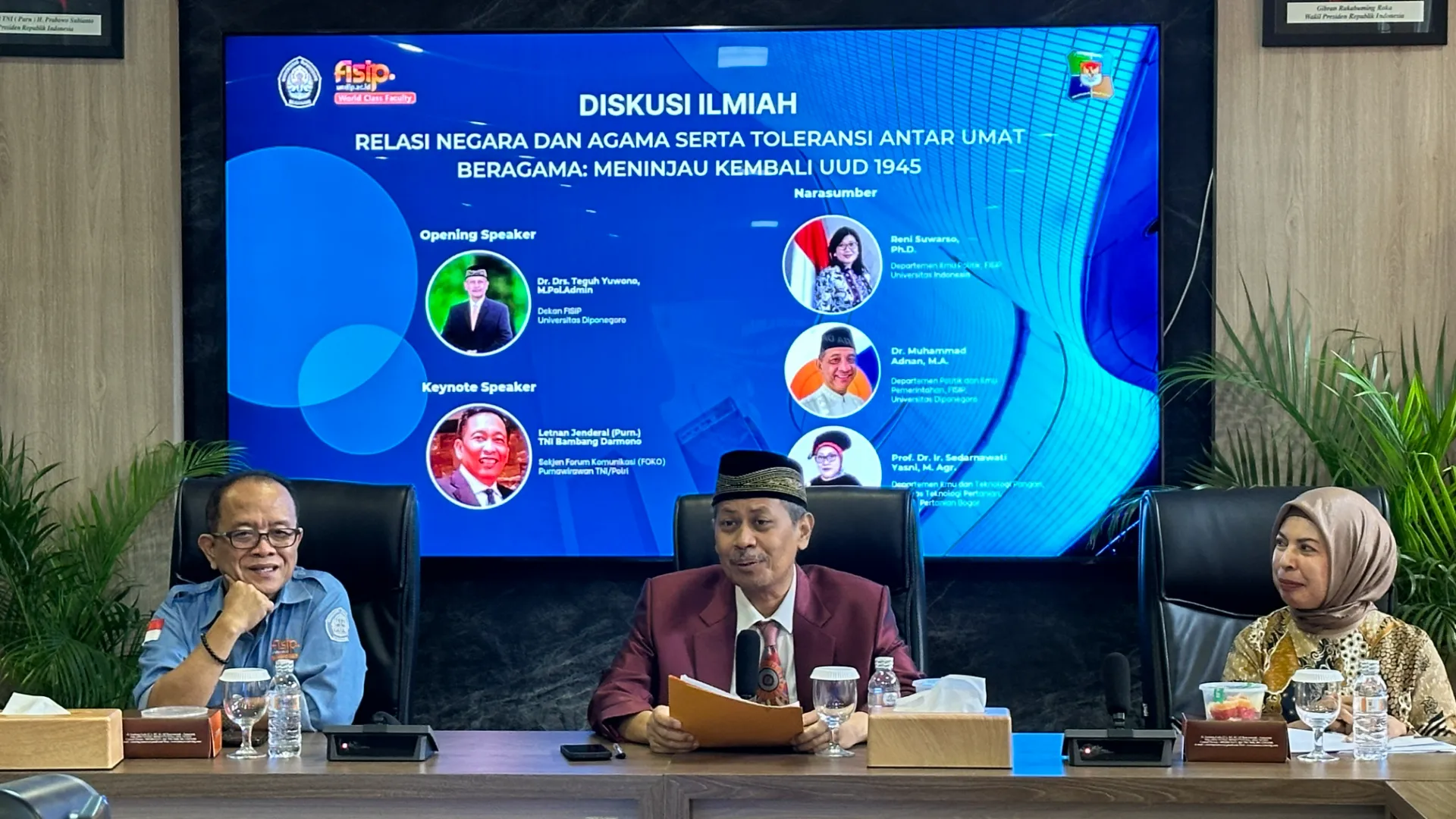
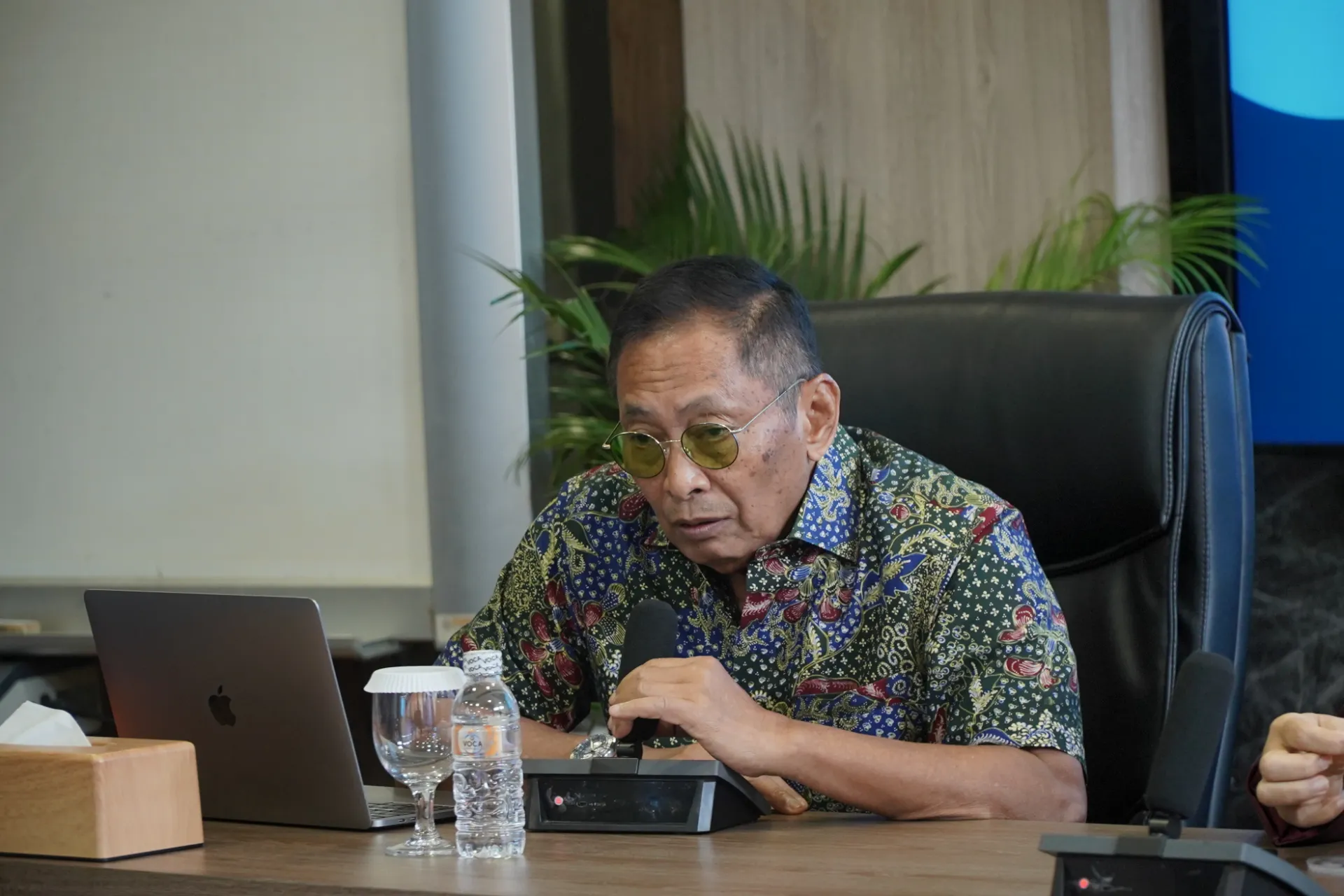
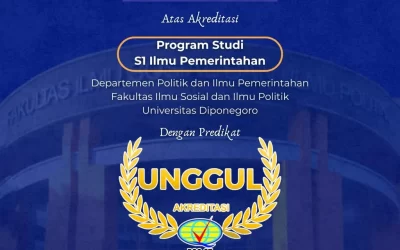
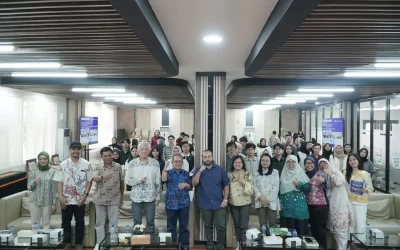
0 Comments